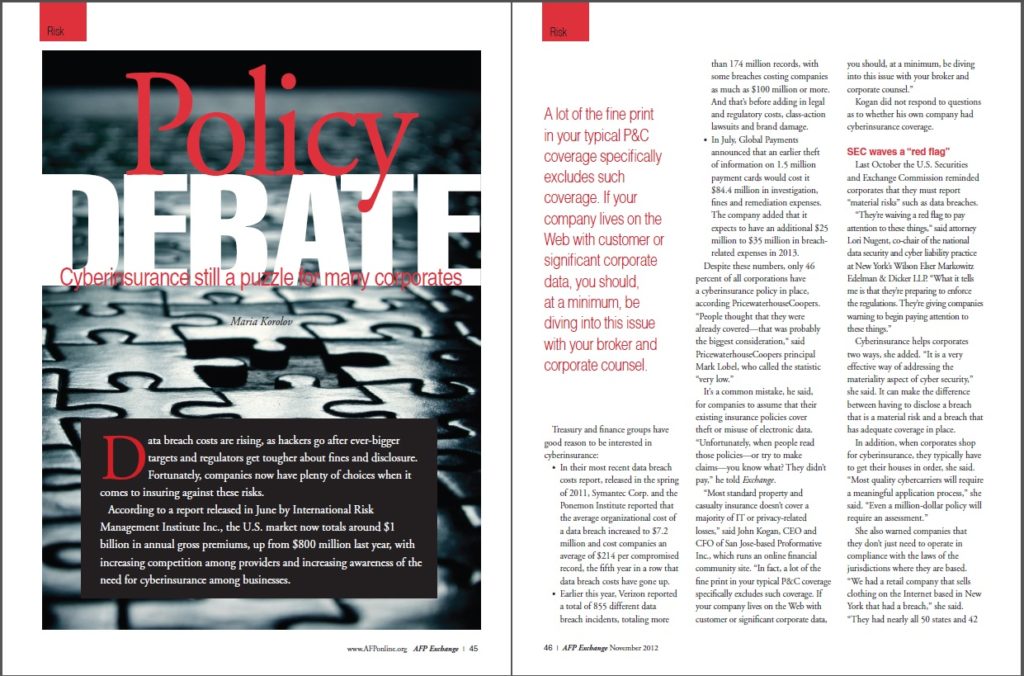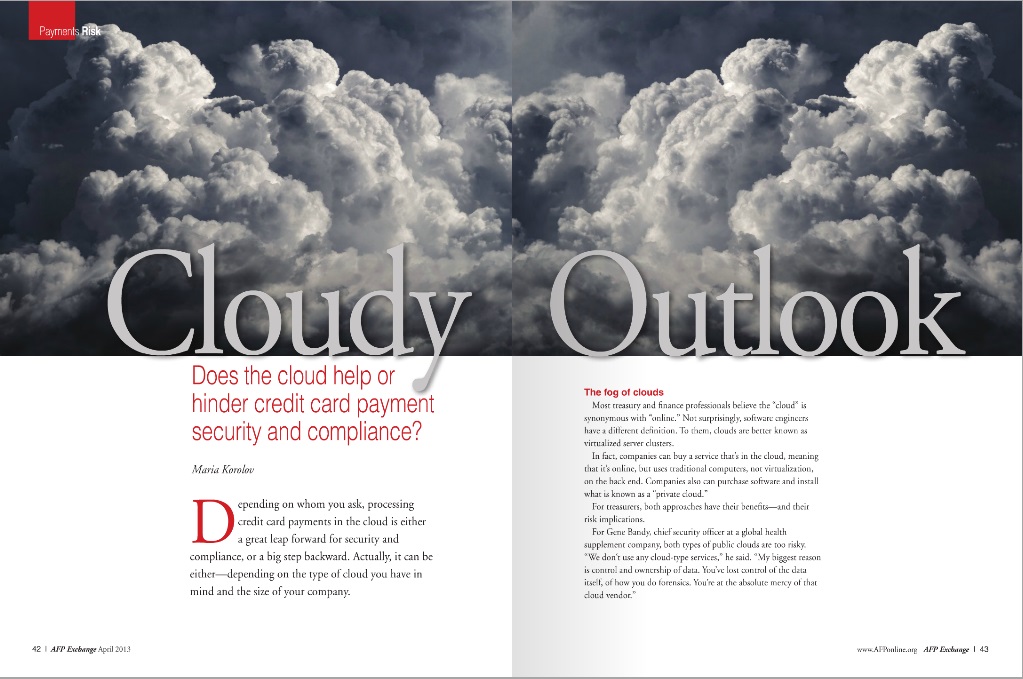The United States government and the United Nations Security Council recently introduced sanctions designed to discourage companies from doing business in Iraq. But experts are split on whether they will have much of an effect on treasury and finance departments — or even if more sanctions are on the way.
In early August, the U.S. Treasury Department announced new sanctions against three men suspected of financing terrorism in Iraq and Syria. Two more men were added to the list in mid-August. Any assets these men had in U.S. jurisdiction were frozen, and U.S. citizens were banned from doing business with them. Meanwhile, the U.N. Security Council passed a resolution in mid-August sanctioning six men, some of whom were the same as on the U.S. list.
Current sanctions are narrowly-focused
The U.S. and the U.N. have imposed sanctions in Iraq before, with wide-ranging effects on companies doing business there and in the surrounding region. Are the new sanctions as much of a challenge for multinational corporations? And are they similar to the current Ukraine-related sanctions against Russia?
Read full article at AFP Exchange. (Free registration required.)


